A slipped disc, also known as a disc bulge or herniation, can cause back pain, nerve symptoms and reduce your mobility. At Fit2Function Clinics in Oxford Circus and Covent Garden, we specialise in the non surgical treatment of disc related issues through Physiotherapy, advanced treatments, hands on therapy and guided exercise rehabilitation. Whether your symptoms are new or ongoing, we help you recover safely, reduce pain and get back to confident, pain-free movement.
How Can We Help Treat Slipped Discs
Disc issues can cause local pain and nerve symptoms. We use gentle, evidence-based spinal rehabilitation and targeted strategies to reduce nerve irritation, improve spinal control and restore function.
What you can expect:
- Careful spinal and neurological assessment to identify nerve involvement
- Hands-on treatment to reduce muscle spasm and improve mobility
- Specific exercise progressions to stabilise the spine and reduce load on the disc
- Laser Therapy where clinically helpful to reduce pain and support tissue recovery
- Education on posture, movement and load management for ongoing protection
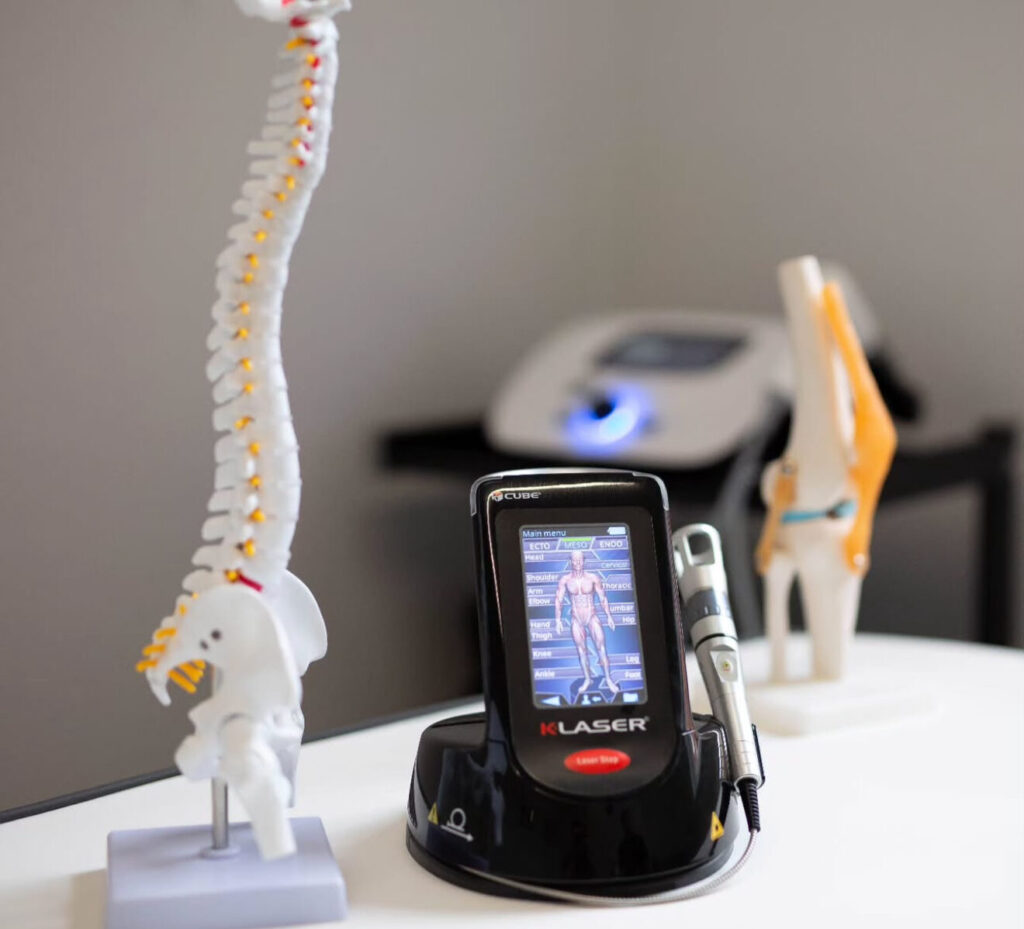
What Is a Slipped Disc, Disc Herniation & Disc Bulge?
A slipped disc occurs when one of the discs between the vertebrae in your spine becomes compressed or damaged, causing it to bulge outwards or rupture. These discs act as cushions between the bones of your spine, and when injured, they can press on nearby nerves, leading to pain, numbness or weakness. This condition is often referred to as a disc herniation, prolapse or bulge. It can affect people of all ages but is most common between the ages of 30 and 50. It typically occurs in the lower back (lumbar spine), though it can also affect the neck. At Fit2Function Oxford Circus and Covent Garden, we provide expert assessment and treatment to reduce pressure on the disc, manage symptom and support full recovery without the need for surgery.
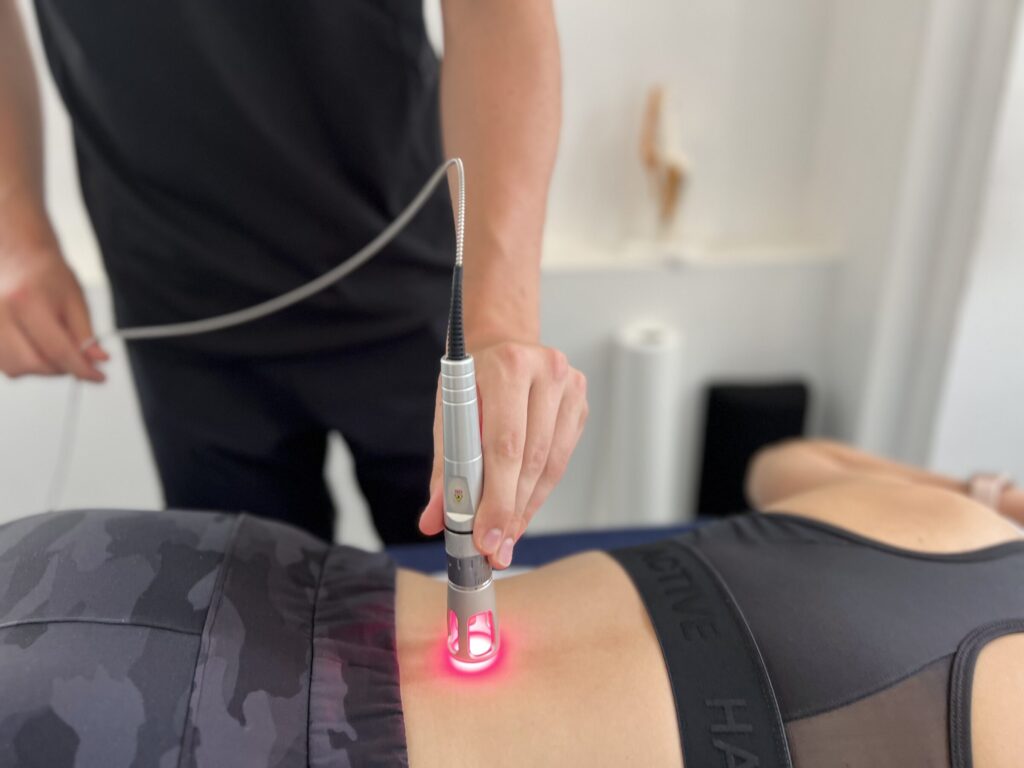
What are the Common Symptoms of a Slipped Disc?
The most common symptom of a slipped disc is pain, usually in the back or neck, which may radiate into the arms, legs, buttocks, shoulders, depending on the disc’s location. You may also experience numbness, tingling or weakness in the affected limb. Movement may worsen your symptoms, particularly bending, sitting or twisting. In more severe cases, symptoms may include difficulty walking, muscle spasms or loss of control over bladder or bowel function (which is a medical emergency). At Fit2Function, we carefully assess your symptoms, posture and nerve function to determine the severity of the condition and develop an appropriate, personalised plan to reduce pressure on the disc and improve your mobility.
What are the Common Causes of a Slipped Disc?
Slipped discs are usually caused by excessive strain on the spine, often during lifting, bending, or twisting, especially when combined with poor technique or fatigue. Age related changes can also lead to disc degeneration, where the disc becomes less flexible and more prone to damage. Other contributing factors include prolonged sitting, poor posture, weak core muscles, obesity and repetitive strain from sport or work. At Fit2Function Clinics in Oxford Circus and Covent Garden, we don’t just treat the disc itself, we also identify underlying movement issues, postural imbalances and lifestyle factors to help you recover fully and prevent further injury.
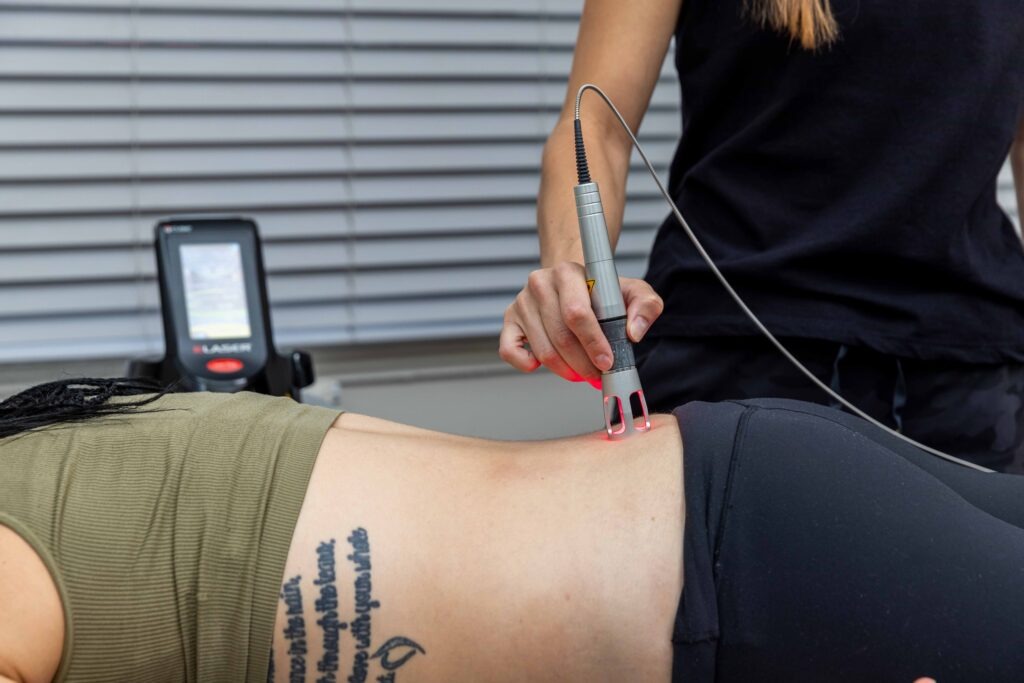
What Makes Us Different
We prioritise safe, progressive care for disc conditions, combining spine-specific expertise with advanced modalities and tailored exercise. Our approach reduces pain quickly while building long-term spinal resilience.
Why patients choose us:
- Experienced clinicians in spinal and nerve-related conditions
- 60-minute sessions providing comprehensive assessment and treatment time
- Evidence-based rehabilitation plans focused on nerve desensitisation and stability
- Practical advice and workplace or sport-specific modifications
- High patient satisfaction and measurable outcomes
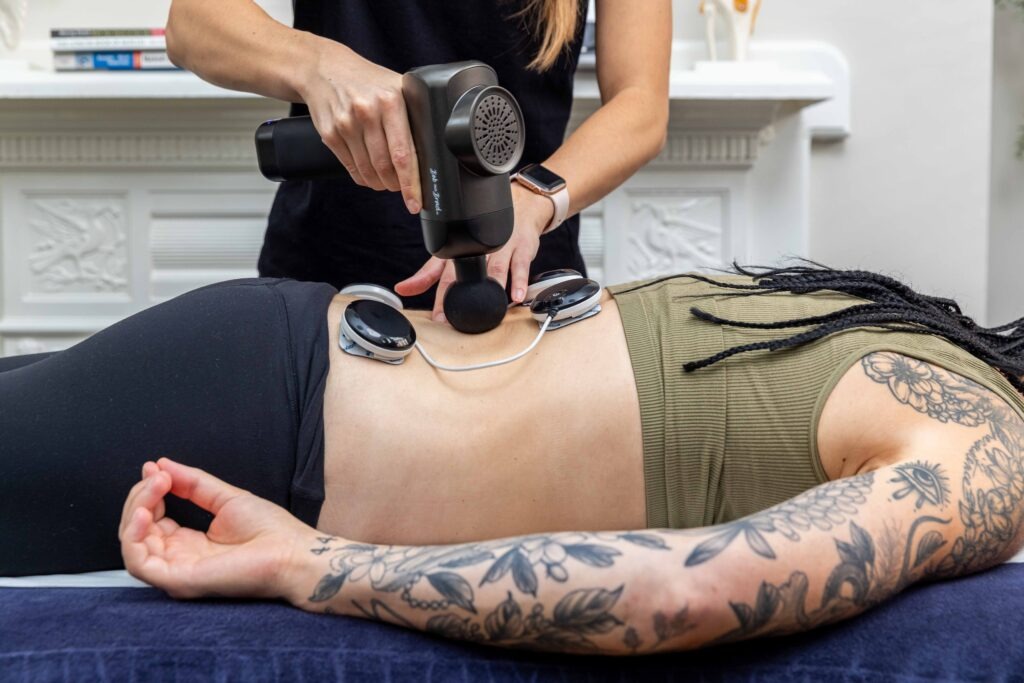
Benefits of Slipped Disc Treatment
With the right treatment, most people with a slipped disc can avoid surgery and return to full function. Our clients typically experience significant pain relief, improved spinal mobility and greater confidence in daily movements. By targeting the root cause of your disc problem, whether that’s poor posture, weak core control or faulty lifting mechanics, we help prevent recurrence and reduce your long-term risk of chronic pain. At Fit2Function Oxford Circus and Covent Garden, our treatment plans are designed to help you move better, sit longer, lift safely and live life without fear of aggravating your back or neck again. Whether you’re in the early stages or dealing with a recurring disc issue, we’re here to help you get lasting results.
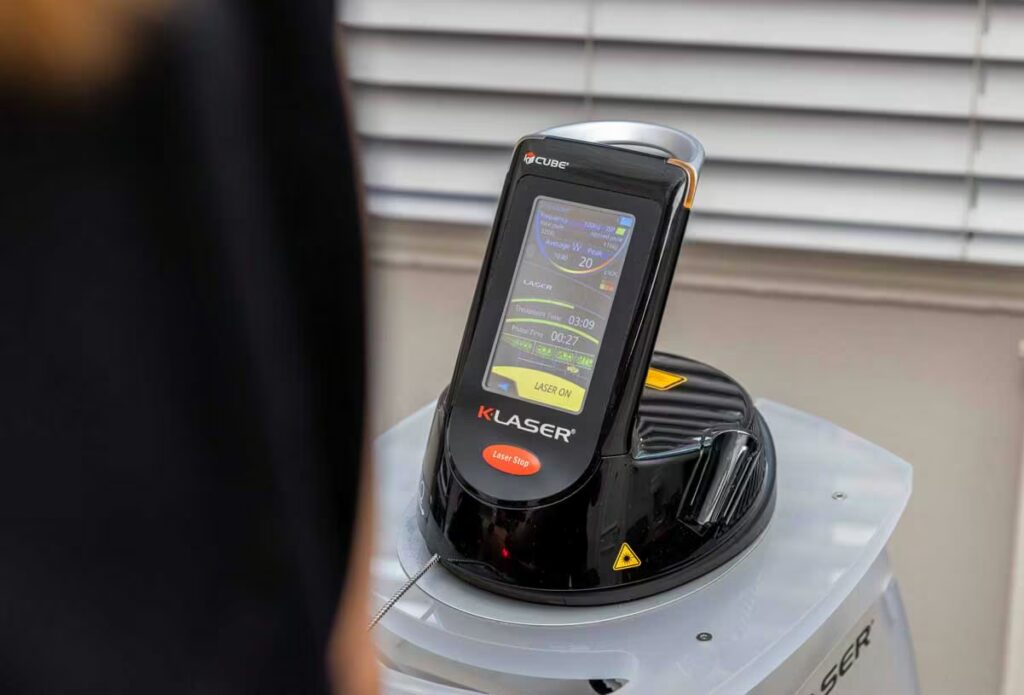
What To Expect On Your First Visit
During your first visit, we’ll focus on understanding your injury, beginning treatment, and giving you the tools for recovery.
- Full consultation about symptoms, onset and any leg/nerve symptoms.
- Detailed spinal and neurological assessment to identify red flags and nerve involvement.
- Clear explanation of the findings and proposed treatment strategy.
- Gentle initial treatment to reduce pain and begin mobilisation.
- A stepwise rehab plan with exercises and strategies to protect and strengthen the spine.
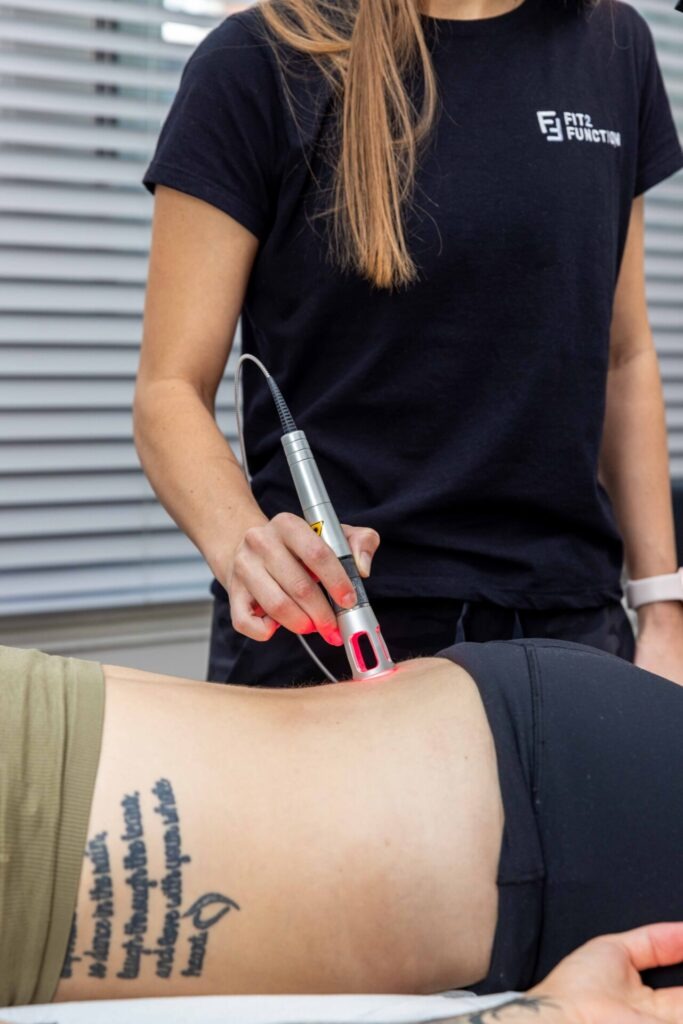
How To Book Your First Appointment
Getting started is simple:
- Click the “Book An Appointment” button on this page.
- Select your preferred practitioner, service and time.
- Attend your first session and begin your recovery journey.
Prefer to chat first? Call us at 02071172076 or fill out the contact form at the bottom of the page and we’ll happily guide you through the process.
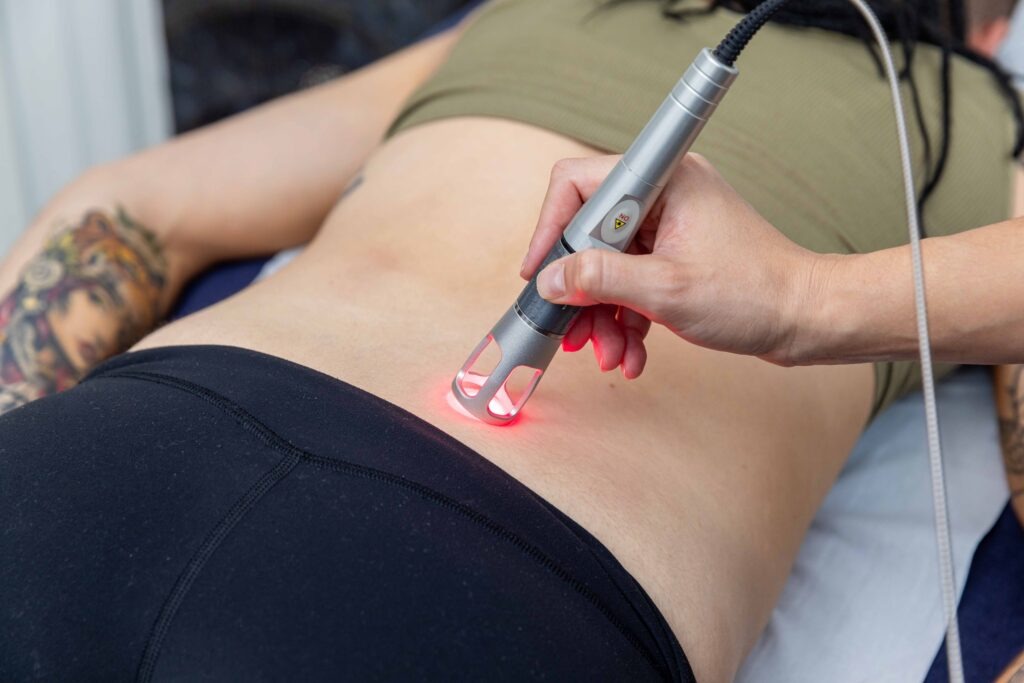
EXCELLENTTrustindex verifies that the original source of the review is Google. Very good laser treatment for lower back pain. Relieve a lot after the session.Posted onTrustindex verifies that the original source of the review is Google. Really impressed with George on my visit to F2F. Ankle has felt weak for a while now post sprain but already feeling better post treatmentPosted onTrustindex verifies that the original source of the review is Google. 5 stars is not enough for Anna! She is amazing.. not inky has she healed my shoulder she also healed my sons football injury! He is back playing in only a few weeks. ANNA also gave a plan which he can do along side his training to keep him fit! She is worth her weight in Gold!Posted onTrustindex verifies that the original source of the review is Google. I’ve been working with George at Fit to Function on and off over the past year, and I can’t recommend him enough. I was dealing with stubborn bicep tendinitis that just wouldn’t go away, but George completely sorted me out. Super friendly, knowledgeable, and genuinely helpful. I also love the new location — clean, professional, and easy to get to. If you’re struggling with any tendon issues, I highly recommend trying shockwave therapy here. It made a huge difference for me!Posted onTrustindex verifies that the original source of the review is Google. I’ve had some neck pain for a while, same with my right toe and thumb joint from football injuries. George and Conor were very welcoming. George really helped me in understanding the cause and telling me the right treatment before administering it. Completely recommend!Posted onTrustindex verifies that the original source of the review is Google. OMG amazing clinic, solved my issues and can run again. Thank you for your professionalism and attentiveness and such a warm atmosphere.Posted onTrustindex verifies that the original source of the review is Google. I went to Fit2Function for my ankle and had Anna Jancsurák as my Physiotherapist. She was amazing and so thoughtful and kind and very helpful in my rehabilitation. She explained everything very thoroughly and is very knowledgeable and showed me very helpful excersicesPosted onTrustindex verifies that the original source of the review is Google. I am currently being treated by Anna at Fit2Function for recurring knee issues. Anna is a fantastic physiotherapist: knowledgeable, professional, thorough and exceptional at her job. After only 3/6 sessions, and keeping up with physio outside of official appointments (don't skip this step), my legs are stronger and my knees no longer ache throughout my long, active workdays. I cannot recommend Anna enough, and I am safe in the knowledge that, should I ever have any body-related issues, I will be in safe hands with her.
Slipped Discs, Disc Herniation & Bulges FAQs
How long does it typically take to recover from a slipped disc?
Most people see improvement within a few weeks with proper treatment. Full recovery may take 6–12 weeks, depending on severity and how early treatment begins.
Can slipped discs heal without surgery or medication?
Yes, many cases improve with Physiotherapy, laser therapy, manual therapy and exercise rehabilitation.Surgery should only be considered in severe or persistent cases.
What types of exercises are safe and beneficial during slipped disc recovery?
Gentle core stabilisation, spinal mobility and nerve gliding exercises are typically safe. We prescribe a personalised programme that matches your stage of recovery.
How can I prevent a slipped disc from happening again?
Strengthening your core, improving posture, lifting correctly and staying active are key. We’ll help you build better habits to protect your spine in the long-term.
When should I seek professional treatment for a slipped disc?
If your back or neck pain persists for more than a few days, radiates into your limbs, or affects movement or sleep, it’s best to book an appointment. The faster we can see you, the faster we can get you on the road to recovery.